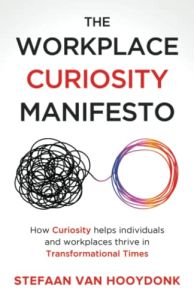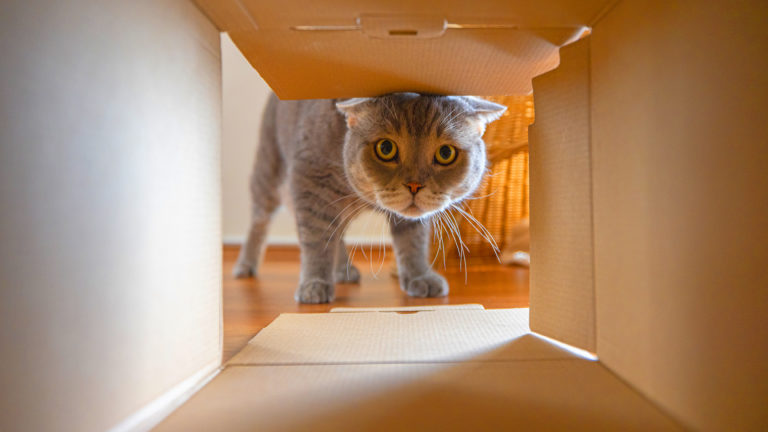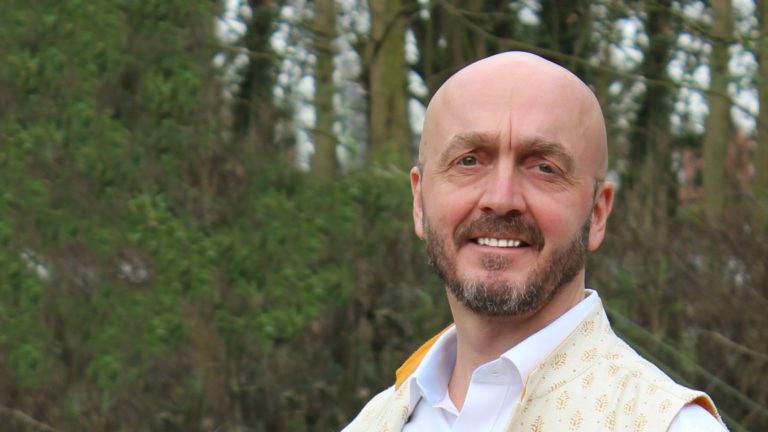Join getAbstract to access the summary!

Join getAbstract to access the summary!
Stefaan van Hooydonk
The Workplace Curiosity Manifesto
How Curiosity Helps Individuals and Workspaces Thrive in Transformational Times
Stefaan van Hooydonk, 2022
What's inside?
Curiosity boosts performance and innovation for people, teams and organizations. Here’s how to build it.
Recommendation
Curiosity is good for business. Learning expert Stefaan van Hooydonk offers a concise and lucid guide to building productive curiosity for professionals, in teams and in organizations. The business case for curiosity is well-known – but the author cites additional recent research, plus illustrative cases and anecdotes he draws from his experience as chief learning officer for Flipkart, Cognizant and other organizations. Although his zeal for his subject makes this a bit repetitious, van Hooydonk provides a clear, helpful overview and valuable recommendations.
Summary
About the Author
Stefaan van Hooydonk, the former chief learning officer for Cognizant, Flipkart and other leading companies, founded the Global Curiosity Institute. He is also the Dean and cofounder of the Earth Academy.
























Comment on this summary